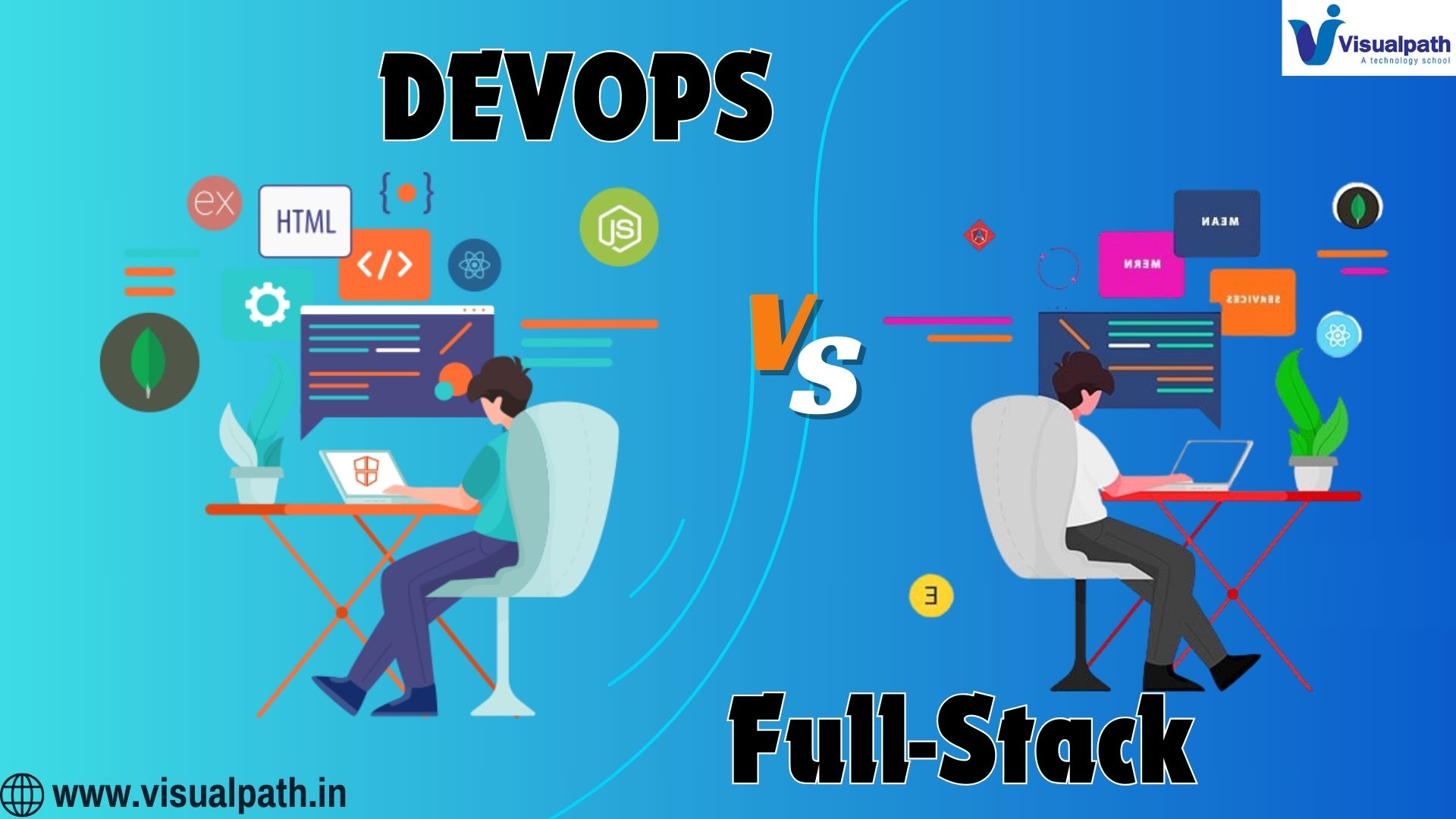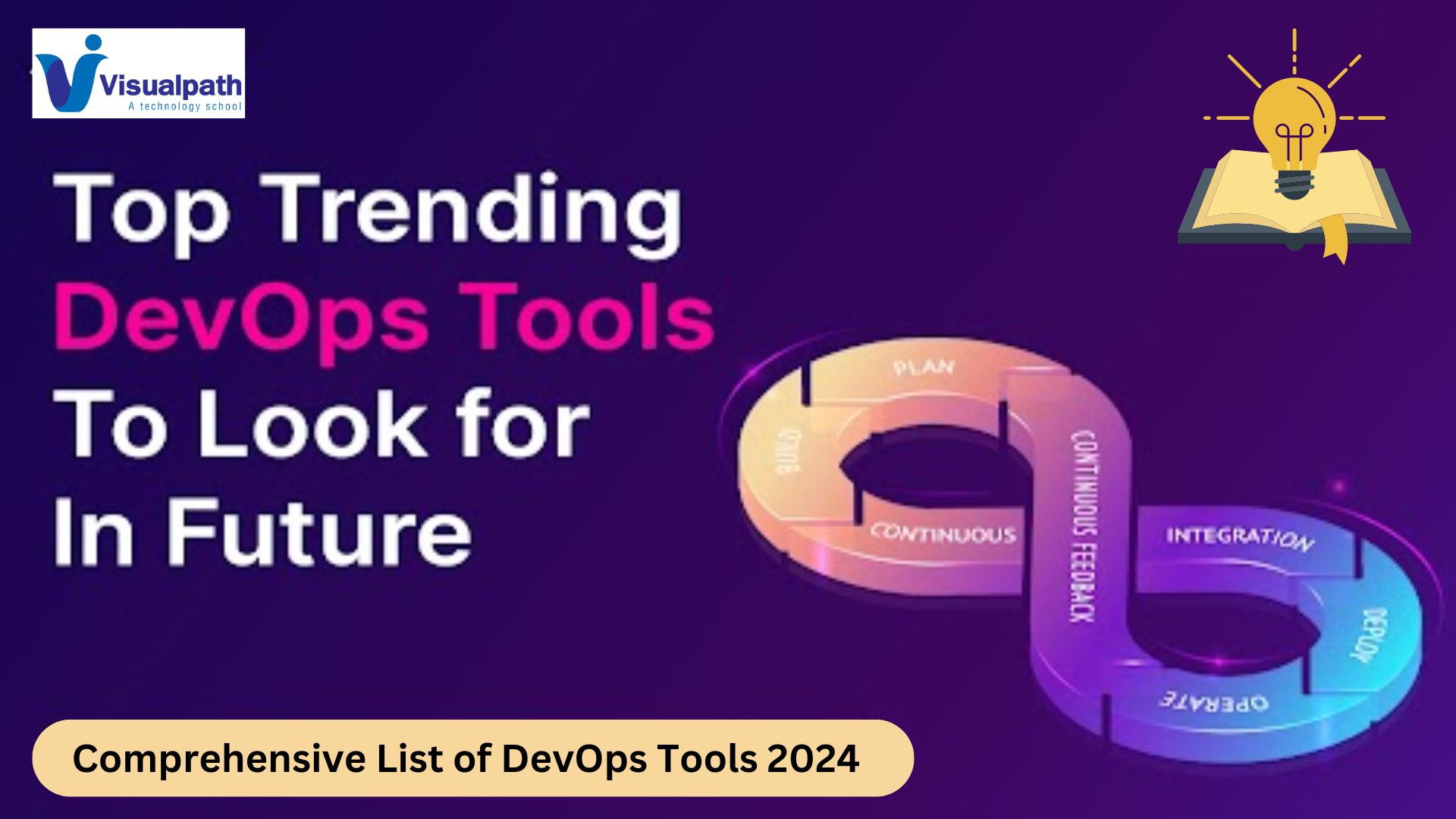AWS DevOps matters more than ever for cloud engineers who are tasked with ensuring continuous delivery, high availability, and scalable infrastructure. As organizations adopt cloud-first strategies, the combination of Amazon Web Services (AWS) and DevOps practices empowers teams to automate processes, enhance productivity, and maintain security at scale. Cloud engineers play a crucial role in this evolution, and understanding AWS DevOps is no longer optional—it’s essential.
Empowering Cloud Engineers with Modern Tools
Cloud engineers are responsible for provisioning infrastructure, automating deployments, monitoring performance, and ensuring security in cloud environments. AWS DevOps equips these professionals with the tools they need to do this efficiently. By leveraging AWS services such as AWS CodePipeline, AWS CloudFormation, AWS CodeBuild, and AWS CodeDeploy, cloud engineers can create automated CI/CD pipelines that ensure faster and more reliable software delivery.
For individuals looking to get hands-on with these tools and enhance their skills, enrolling in DevOps Training can be an excellent starting point. Such training not only covers the core AWS services but also emphasizes real-world use cases, enabling cloud engineers to implement DevOps practices with confidence.
Key Benefits of AWS DevOps for Cloud Engineers
- Automation at Scale: One of the main advantages of AWS DevOps is its ability to automate repetitive tasks. Whether it’s configuring environments, deploying applications, or managing updates, automation reduces errors and speeds up development cycles.
- Enhanced Collaboration: DevOps fosters a culture of collaboration between development and operations teams. With AWS DevOps tools, teams can work together more effectively, breaking down silos and improving communication across departments.
- Continuous Integration and Delivery (CI/CD): AWS DevOps supports robust CI/CD pipelines that allow developers to release code frequently and reliably. This enables cloud engineers to ensure that changes are tested and deployed quickly, reducing time-to-market.
- Scalability and Flexibility: Cloud engineers must manage systems that can scale dynamically. AWS provides services that adapt to changing demands, and DevOps practices ensure these services are integrated seamlessly into the software lifecycle.
- Security and Compliance: Security is a top priority in cloud environments. AWS DevOps incorporates security at every stage of development through Infrastructure as Code (IaC) and automated compliance checks, ensuring cloud engineers can maintain secure systems with minimal overhead.
For professionals who are unable to attend in-person sessions, a DevOps Online Training program offers the flexibility to learn at their own pace while gaining the same in-depth knowledge. These courses often provide practical labs, quizzes, and real-time projects, allowing learners to simulate real-world scenarios and build job-ready skills.
Real-World Application of AWS DevOps
Consider a scenario where a company needs to deploy a microservices-based application across multiple environments. Using AWS DevOps tools like CloudFormation, cloud engineers can define infrastructure using code, enabling version control and consistent provisioning. CodePipeline ensures that every update goes through a predefined testing and deployment process. This level of automation not only minimizes manual intervention but also enhances reliability and traceability.
In addition, cloud engineers often integrate monitoring tools like Amazon CloudWatch and AWS X-Ray to gain insights into application performance and troubleshoot issues proactively. These capabilities allow organizations to maintain uptime and deliver seamless user experiences.
By participating in a DevOps Online Course, cloud engineers can explore these advanced use cases and master the skills required to tackle complex deployments and optimize cloud operations.
Conclusion
AWS DevOps has become a cornerstone for cloud engineers aiming to stay competitive and efficient in the cloud era. It combines the best of cloud computing and DevOps methodologies to offer powerful automation, scalability, and collaboration capabilities. As businesses continue to invest in cloud infrastructure, the demand for skilled professionals who understand AWS DevOps will only grow.
Trending Courses: MLOps, GCP DevOps, and Azure DevOps




